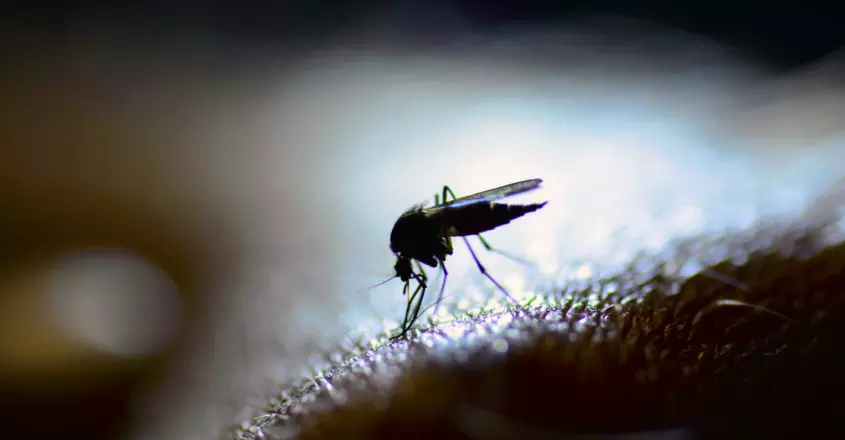
Explainer: West Nile fever in Kerala; what you need to know
On May 7, Kerala government has announced that it has recorded West Nile fever cases in districts asking people to be vigilant; know more about this virus which is not so uncommon

On May 7, Kerala's health minister issued a statement announcing that the state has recorded West Nile fever cases from Thrissur, Malappuram and Kozhikode districts.
Earlier in the day, Kozhikode district health officials had confirmed reports of five cases of West Nile fever.
Confirming the cases of this viral infection, the state health minister issued a statement urging all the districts to be more vigilant.
However, it is not the first time Kerala has recorded the virus. Back in 2011 too, the fever was first detected in Kerala and in 2019, a six-year-old boy from Malappuram died due to the fever. Again in May 2022, a 47-year-old man died of the fever in Thrissur district.
So, what is West Nile fever, what are its symptoms and how dangerous is it?
What is West Nile fever?
The West Nile virus, which was first detected in Uganda in 1937, is spread by the Culex species of mosquitoes. It is mainly transmitted to people through a mosquito bite. The mosquitoes get the virus when they bite an infected bird. According to experts, more than 110 bird species can carry the virus.
A person is more likely to get the virus if they are exposed to mosquito bites during the summer months.
What are the symptoms?
The main symptoms of West Nile infection are headache, fever, muscle aches, dizziness and loss of memory. In her statement, the Kerala health minister said that most patients do not experience even these symptoms.
Some people experience symptoms like fever, headache, vomiting and itching and in one per cent of the cases, it can lead to brain damage resulting in unconsciousness and sometimes death, the minister's statement added.
Can people die of West Nile virus?
Most people who are infected have a minor illness and recover fully. But older people and those with weak immune systems are more likely to get a serious illness from the infection.
But the death rate is relatively low compared to Japanese encephalitis which shows similar symptoms and is more dangerous. According to news reports, the West Nile virus can cause a fatal neurological disease in humans but most of those infected may not show any symptoms.
How is it diagnosed?
A blood test is done to check for antibodies to the West Nile virus. They may also do a lumbar puncture (spinal tap) to test cerebrospinal fluid for signs of infection.
Treatment for West Nile virus?
As there is no medicine or vaccine available against West Nile virus, symptomatic treatment and prevention are key, said the minister.
Antibiotics do not treat viruses. So, plenty of rest, fluids, and over-the-counter pain medications may relieve some symptoms. In severe cases, patients often need to be hospitalised to receive supportive treatment, such as intravenous fluids, pain medication, and nursing care.
What are the preventive measures?
As part of the preventive measures, Kerala's health minister suggested wearing clothing that completely covers the body, use of mosquito nets and repellants and keeping one's home and surroundings clean.
Most people infected with West Nile virus are believed to have lifelong immunity from getting the disease again. Some people who have weakened immune systems from certain conditions or medications might not have a strong immune response to the initial infection or their immunity may wane over time. However, most people are protected from getting West Nile virus disease again once they have had it.
Steps taken by Kerala government to curb cases?
As part of the vigil against the viral fever, the minister has ordered that steps be taken for mosquito control by destroying their breeding grounds. The government has asked people showing signs of fever or other symptoms of the West Nile infection to seek treatment immediately.
At a high-level meeting held last week, it was decided to conduct pre-monsoon cleaning activities. The district medical officers (DMOs) have been directed to further intensify the same.
The infected persons, which included children, are all fine now and back at their homes with no new cases reported from the areas they live in, an official of the Kozhikode district surveillance team said. He also added that presently there was one person who is suspected of suffering from the vector-borne infection and is undergoing treatment.
The official said that the samples of those who exhibited symptoms of the disease and had undergone treatment were sent to the National Institute of Virology in Pune as a routine exercise.
"The results came back now and indicated that they were suffering from West Nile fever. They are all better now," he said.

